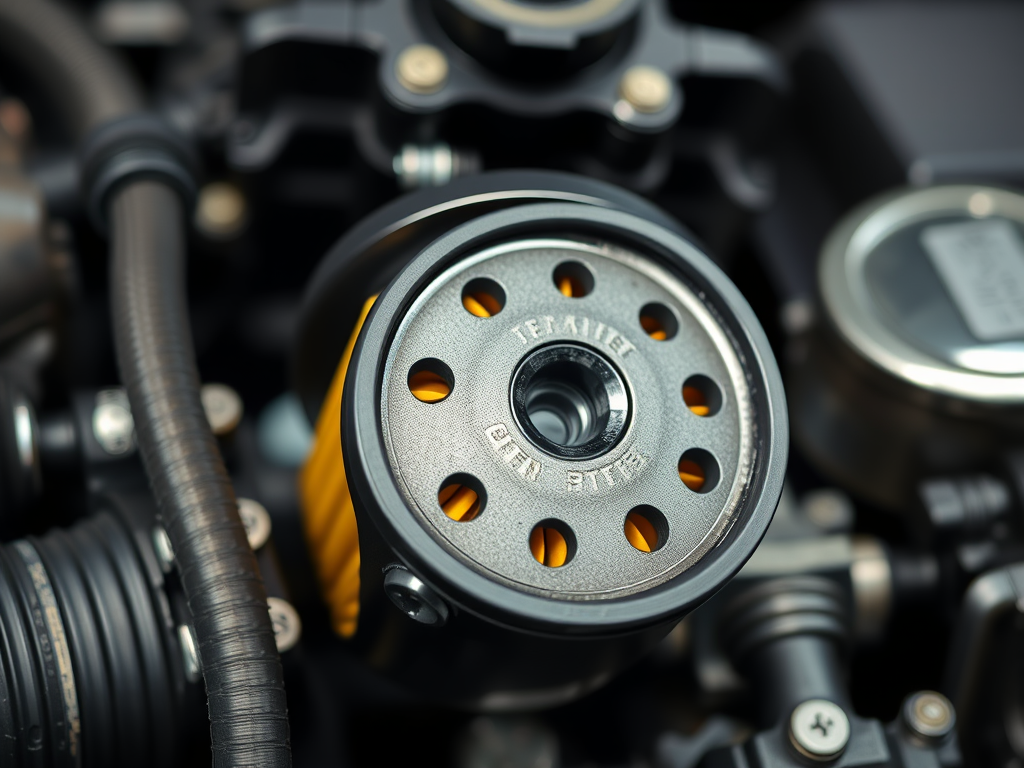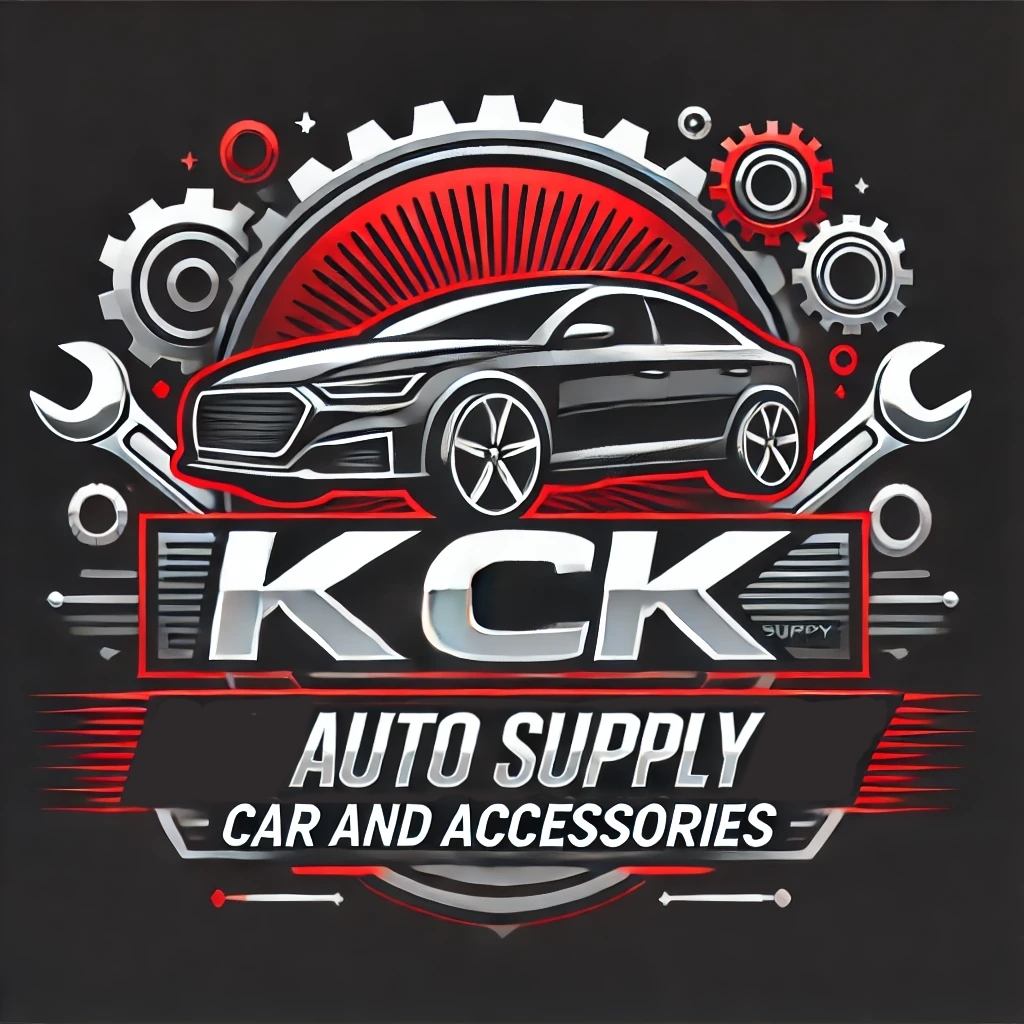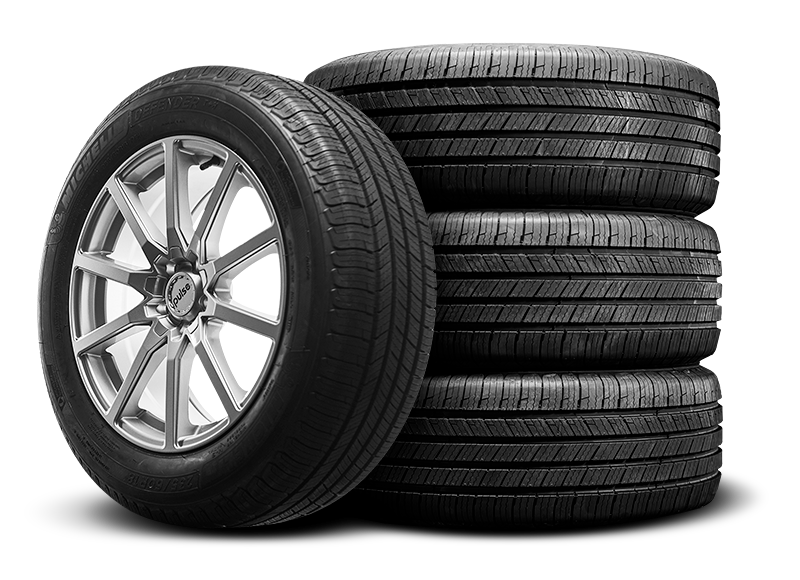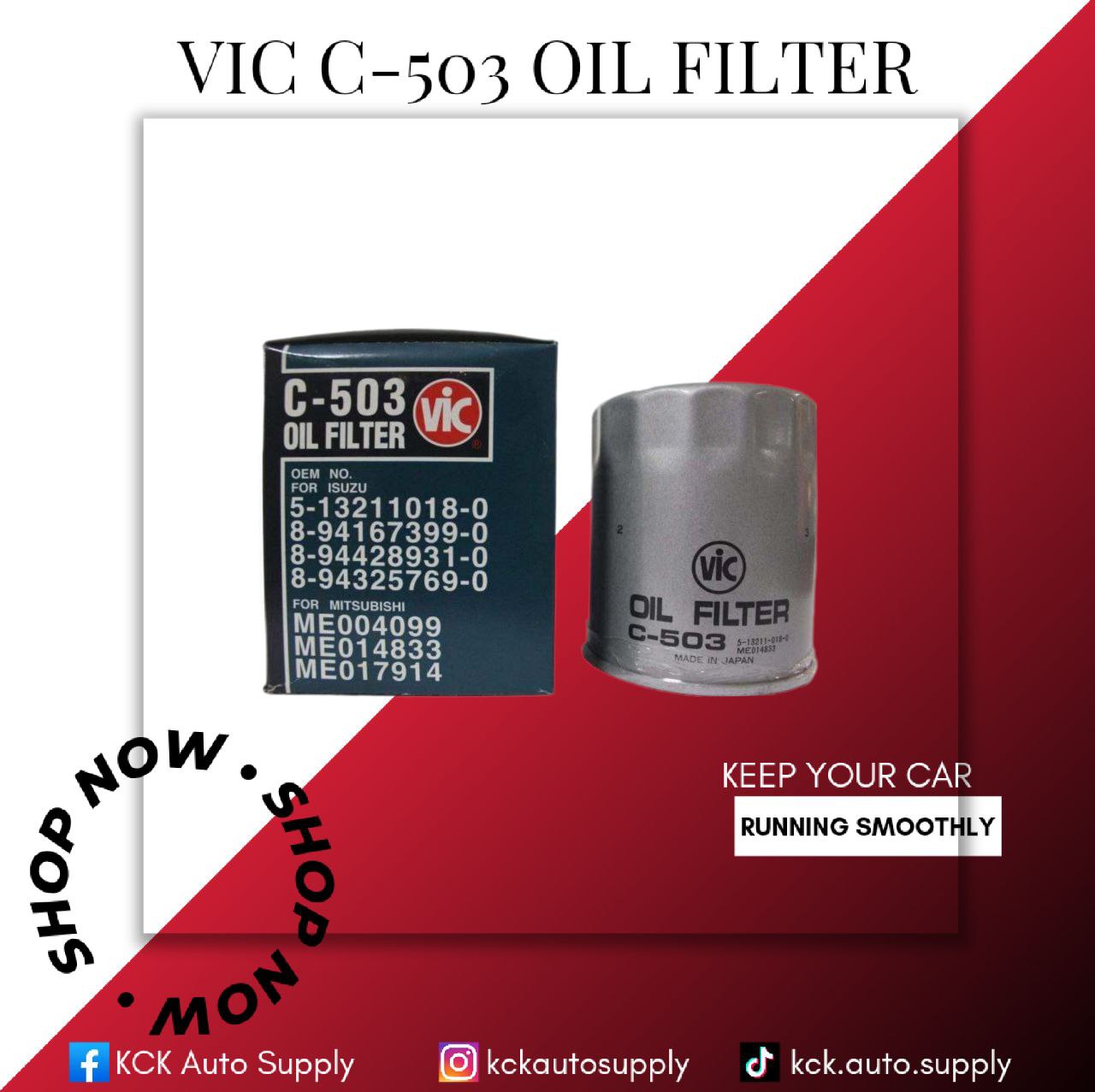Your cart is currently empty!

When it comes to vehicle maintenance, oil changes often steal the spotlight. However, an equally important component that doesn’t get as much attention is the oil filter. This small but mighty part plays a significant role in keeping your engine healthy. Let’s break down why oil filters matter, how they work, and how to choose the right one for your vehicle.

What Does an Oil Filter Do?
An oil filter removes contaminants from your engine oil, such as dirt, debris, and metal particles that can accumulate over time. Clean oil is vital for lubricating your engine’s moving parts, reducing wear and tear, and maintaining optimal performance. Without a functioning oil filter, dirty oil could lead to clogs, reduced efficiency, and even engine damage.
Signs Your Oil Filter Needs Replacing
- Dirty Oil: If your oil appears dark or gritty, it may mean the filter is overdue for replacement.
- Decreased Engine Performance: Sluggish acceleration or unusual noises could be linked to a clogged filter.
- Oil Pressure Warning Light: Many modern vehicles have a sensor that alerts you when oil pressure is too low, often due to a bad filter.
Types of Oil Filters
There are several types of oil filters, each designed for specific vehicles and uses:
- Primary Oil Filters: These are standard filters found in most cars, handling the bulk of oil filtration.
- Secondary Oil Filters: Installed alongside primary filters, these provide additional filtration.
- Cartridge Oil Filters: An eco-friendly option with replaceable filter elements.
- Spin-On Oil Filters: A common and convenient option, featuring a metal canister for easy installation.
How to Choose the Right Oil Filter
- Match Your Vehicle Specs: Check your vehicle manual to find the recommended oil filter type and size.
- Consider Your Driving Conditions: If you drive in dusty or extreme conditions, you might need a high-performance filter.
- Brand Matters: Trusted brands often ensure better quality and durability.


Oil Filter Maintenance Tips
- Replace During Every Oil Change: Most experts recommend replacing the oil filter every time you change your oil, typically every 5,000–7,500 miles.
- Inspect for Leaks: After installation, ensure there are no leaks around the filter.
- Use Quality Filters: Cheap filters might save you a few bucks now but could cost you more in the long run.
Get Your Oil Filter at KCK AUTO SUPPLY
At KCK AUTO SUPPLY, we stock a wide range of high-quality oil filters for every make and model. Our team of experts is ready to help you choose the perfect filter to keep your engine running smoothly.
Don’t overlook the oil filter—it’s the unsung hero of your engine’s health! Stop by KCK AUTO SUPPLY today for all your vehicle maintenance needs.
Want to learn more about vehicle care? Stay tuned for more tips from our experts! 🚗
VIC C-503 Oil Filter
The VIC C-503 Oil Filter delivers superior filtration and engine protection, efficiently removing contaminants to maintain clean oil flow. Built with durable materials, it ensures reliable performance under demanding conditions. Easy to install and compatible with a wide range of vehicles, the C-503 is a trusted choice for optimal engine maintenance.






Leave a Reply